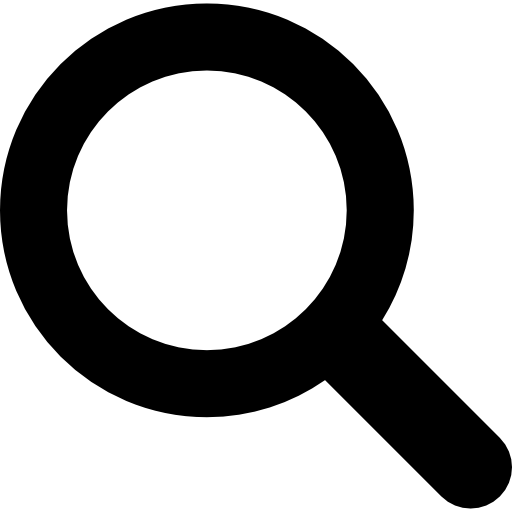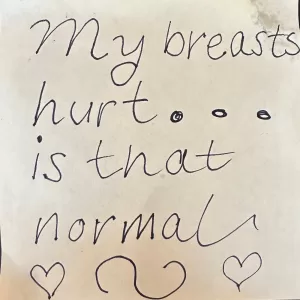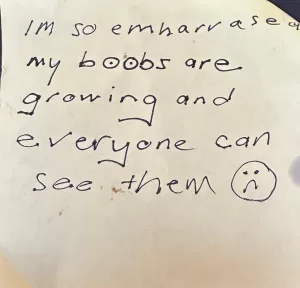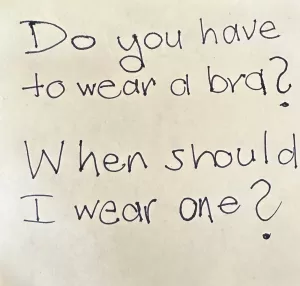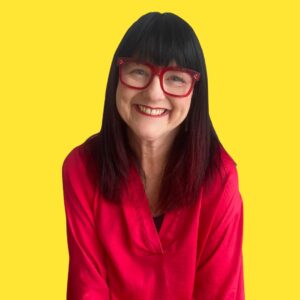As parents, do we know what our children really think about their changes during puberty?
When I began growing breasts at the ripe old age of seven, I wish I had known that when they hurt or were lumpy, that it was normal. Puberty had started and my breasts had begun to grow and I didn’t have something wrong with me. As I went through puberty at such a young age, I was sure that I was the only one, and I felt self-conscious. I’ll never forget the woman at the bras shop commenting about me being so young when I was trying on bras and my Aunty Sue commenting about my breast size. I was scarred!
Boobs, bust, bosoms, melons, knockers, jugs, boobies, chest, my two friends. What do you call them? Different people may prefer different terms, and it’s important to be considerate of individual preferences.
Nearly every human on the planet has them -they come in all different shapes and sizes, and they are there for a reason just like nearly every other part of our body.
Here are some of the questions that I get asked each day, mainly from year 5 & 6 girls that I meet and teach in schools:
When I was growing up, I wish that I was taught that breasts were something not to be ashamed of or feel guilty about, in fact it’s the opposite. Let’s face it, you can see them, and they are one of the first signs that puberty has started so no wonder our children may feel awkward -this is a perfectly normal feeling! We need to also keep in mind that the reverse situation is possible, where a teenager may feel embarrassed at the age of 16 or 17 if their breasts have shown little growth.
Bodies, feelings, and relationships are all changing during puberty at around the same time, so no wonder our gorgeous kids feel the way that they do, especially if they are not prepared.
So here are 5 facts about breast development during puberty to help you support and nurture body confidence in your child:
Breast growth is one of the first signs of puberty - the breast bud (a hard lump) grows under the nipple and areola (the area around the nipple). It’s like a few 5c pieces stacked on top of each other. It can grow behind one or both nipples, and can feel tender.
Breasts and nipples are all different - even though hereditary, they all come in all different shapes, sizes, and colours. One is also often bigger than the other, often the left side.
Breasts can change during periods and throughout life - because of changing hormones, breasts may feel bigger, tingly, sore, tender, itchy, or lumpy. These signs are normal and will settle down as these are part of breast development stages. However, breast size can change during a period, pregnancy, weight loss, gaining weight, and menopause can.
It’s normal to have breast stretch marks and hair around the nipples.
Breast growth can happen to everyone - For most boys they swell up, feel tender and sore during puberty but tend to settle down after about a year.
Our children should know that all breasts are normal whatever shape, size or colour they are, or how they feel, whether their breasts feel sore, tender, or uneven. Knowing this information can ultimately help them to be more confident in their own bodies and to respect others’ bodies too.
As adults, let’s talk and educate everyone about breast development early so that our kids can be prepared. Let’s all think about how can we help kids to be more body positive and have self confidence in their breasts -because let’s face it, that can help them to cope and be more empathetic towards others and themselves.
I think as adults we should start by being positive and supportive role models by being careful of what we say and do as it has a huge influence on our children’s body image including their breasts. Let’s not comment or compare, but rather accept, celebrate diversity and emphasise that every breast is different and of course….AMAZING!
Check out more references about breast development in these books:
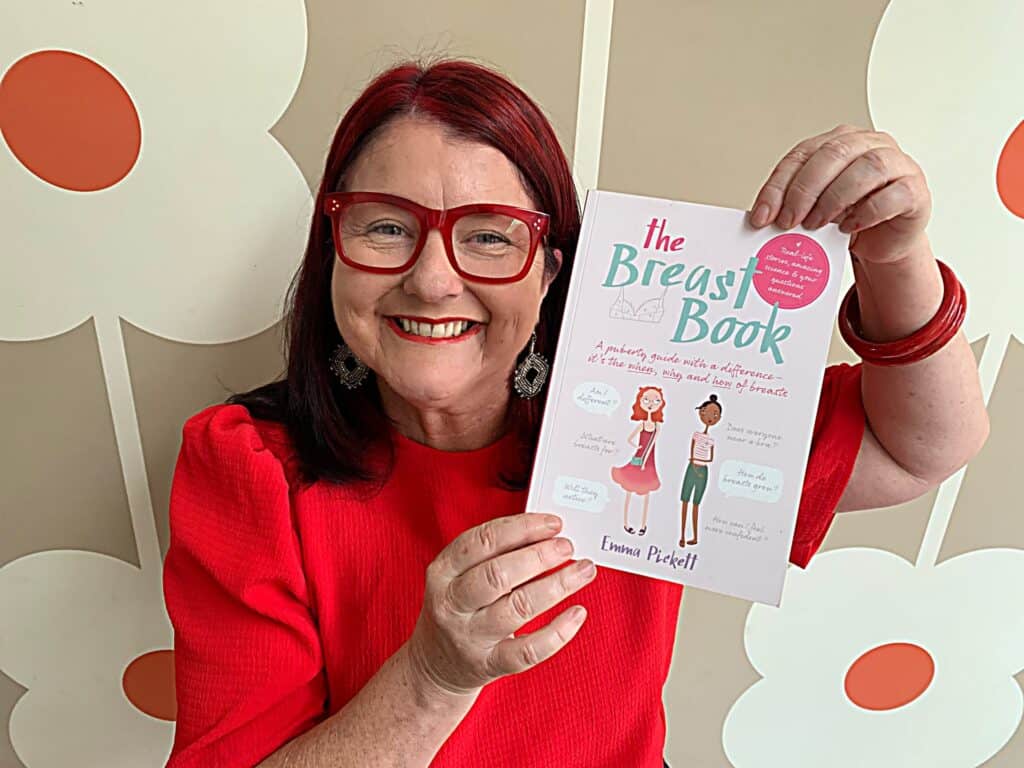
The Breast Book
The Breast Book was written by Emma Pickett for young girls aged 10 and above. Breasts play a huge role in most young girl’s development as they go through puberty. It is also can be a source of confusion, embarrassment, and insecurity. With this book, girls can get a better understanding of the when, the why, and the how of breasts in the context of puberty from a different perspective.
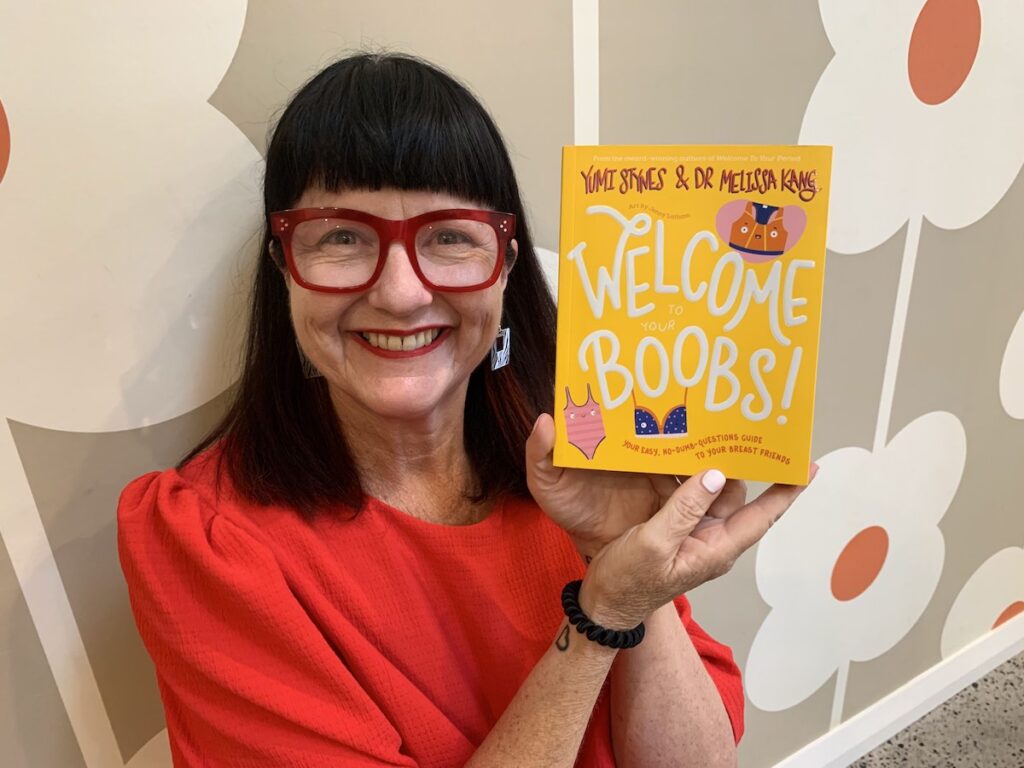
Welcome Boobs
‘Welcome Boobs’: Your Easy, No-silly-questions Guide to Your Breast Friends was written by Yumi Stynes and Melissa Kang for ages 8 and up. It was published in 2022. The book answers questions all about breasts. Melissa and Yumi, two adolescent health experts, have written a number of books in the series also about consent and periods.
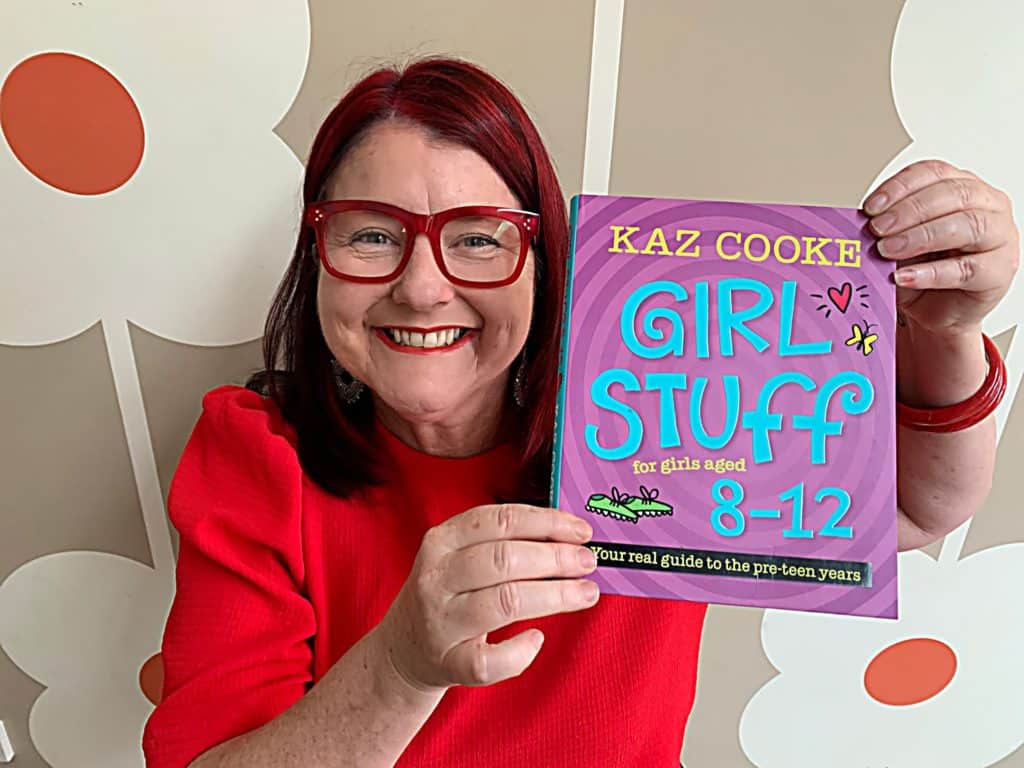
Girl Stuff 8 - 12
For girls aged 8 to 12, it's really important that they know about puberty and the changes that come with it so author Kaz Cooke wrote this book as a companion to Girl Stuff 13+ She spoke with experts in the field and also pre-teens to create this all-in-one guide for girls going through puberty.
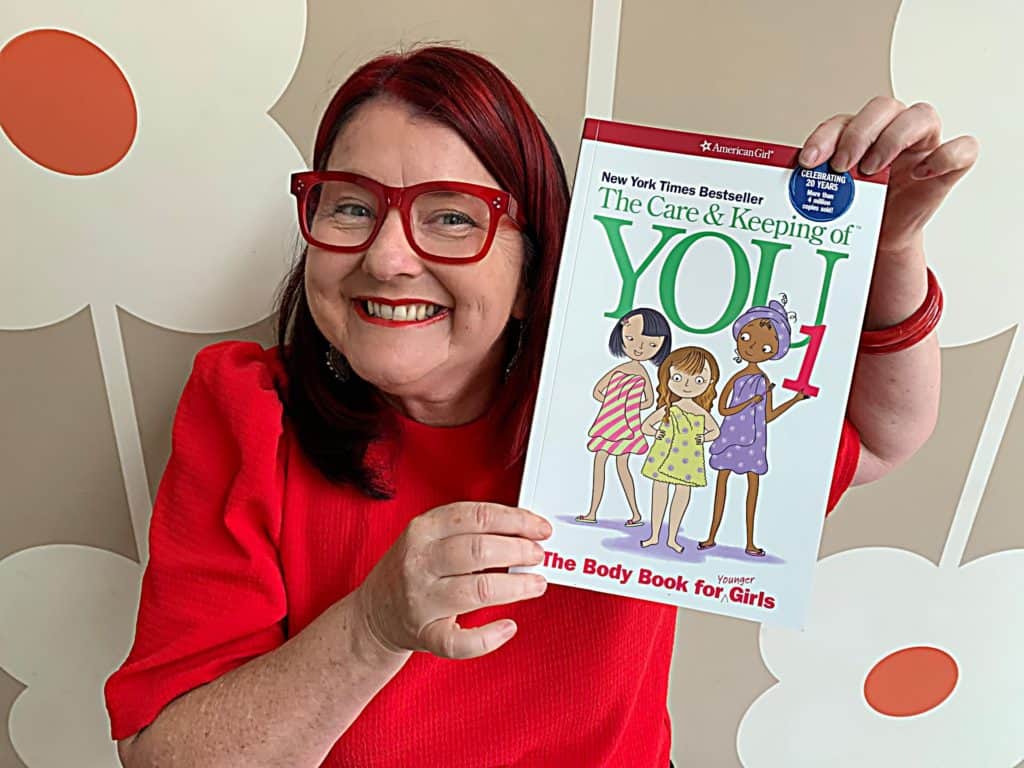
The Care and Keeping of You 1
When a girl goes through puberty, the changes can be confusing. This book serves as a guide that will help them understand what’s happening and be prepared.
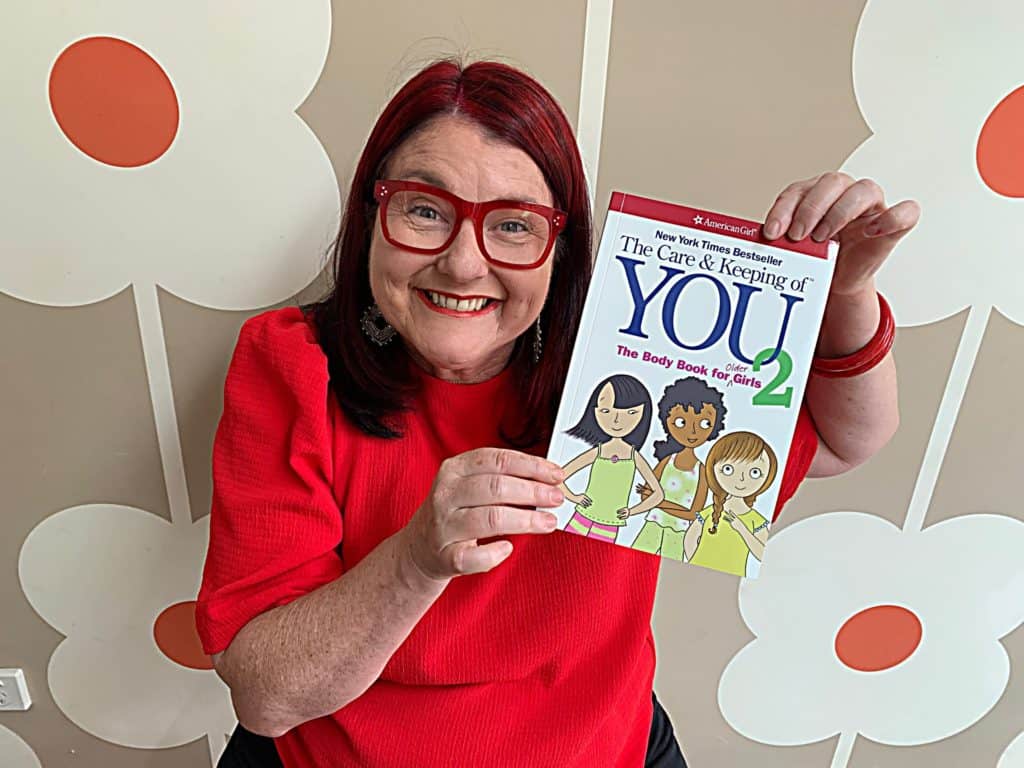
The Care and Keeping of You 2
'The Care and Keeping of You' has been one of the go-to guides for girls about puberty.

